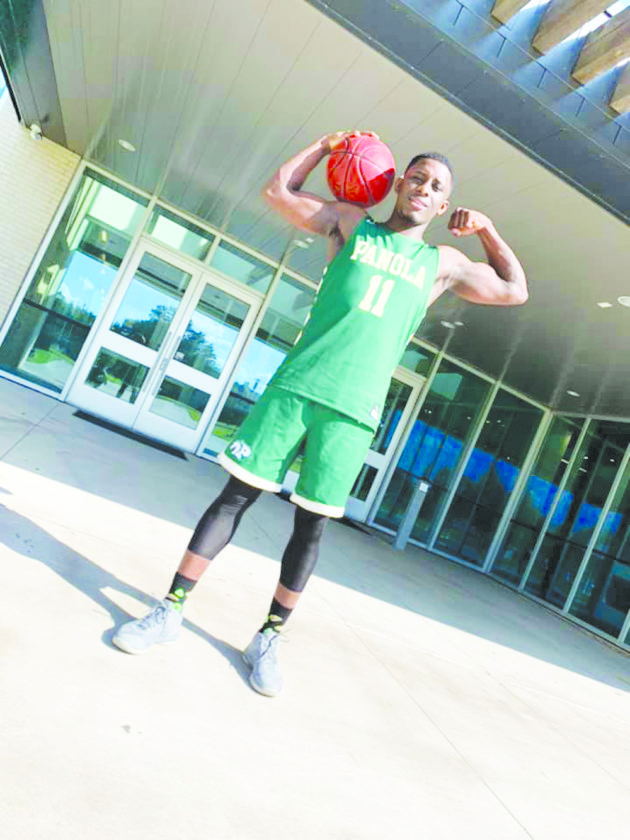Related posts
-

Destined for a higher call, Rose aims for the NBA
By Timothy Jaikarran As the Shakespeare quote goes, “Some are born great, some achieve greatness, and... -
-
Why the world wants more of Pooran
By Timothy Jaikarran The name Nicholas Pooran has become a global name and has been uttered...
